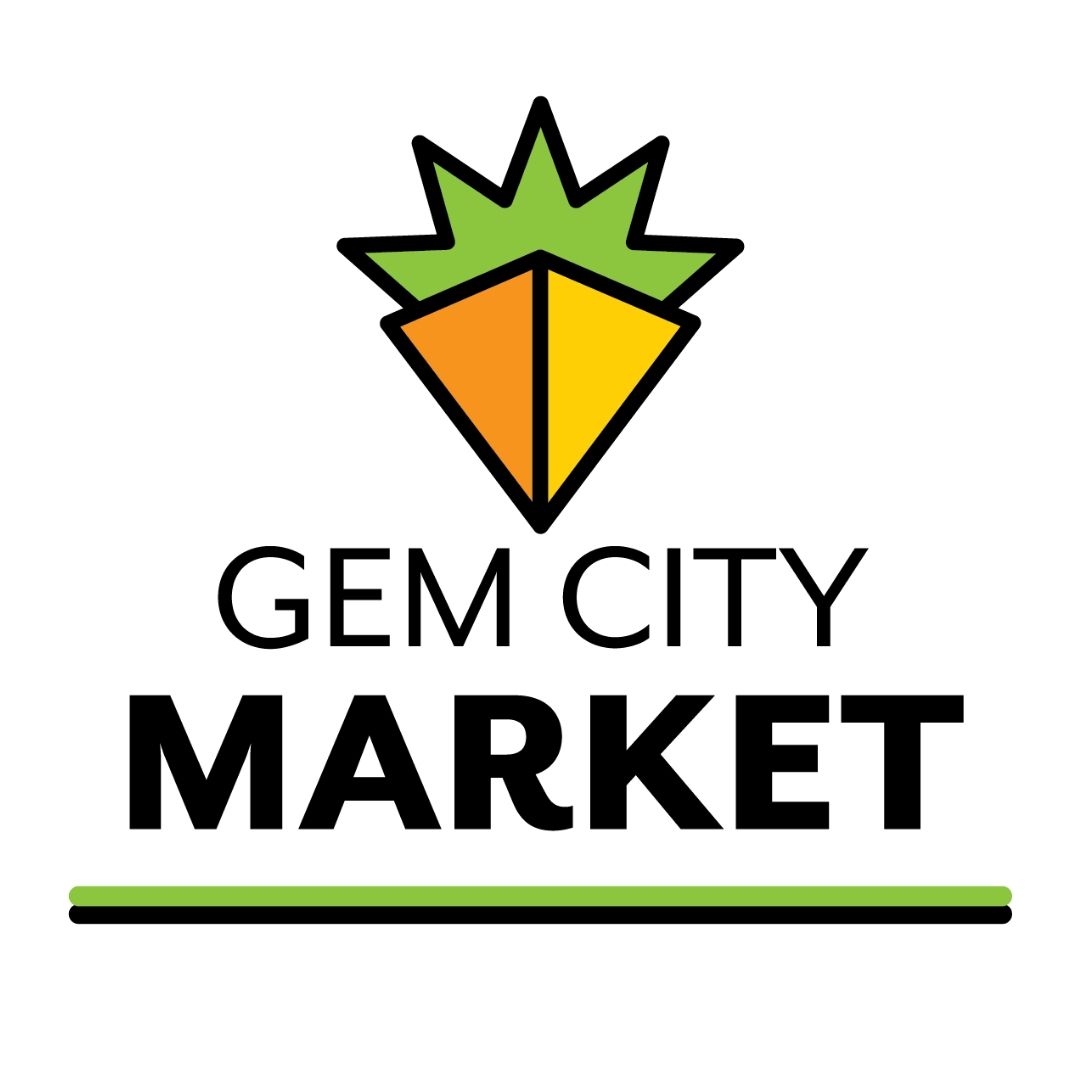
In 2015, members of the Dayton community came together to create Gem City Market. Since then, 2,800 members have joined the co-op to help support the soon to be opened community-operated marketplace to reverse the food desert in west Dayton.
Food deserts or food apartheid
Co-founder of Gem City Market and Wright State University (WSU) sociology professor Amaha Sellassie brought attention to the issue within west Dayton.
“There were maps that came out in Dayton that showed how opportunity was distributed in the city and it showed that the river that divides Dayton, east and west, also divided access to opportunity,” said Sellassie.
According to Sellassie, they prefer the term food apartheid instead of a food desert because a desert implies that it is natural. Food apartheid is something man-made and can be reversed through the efforts of humans.
WSU Student Nicol Oller believes that the food apartheid can be reversed.
“I think that we need to be opening up more stores because not only will they provide food, it will also provide jobs. When we have grocery stores, there are jobs available like stocking positions, cashiers and management. I’m hopeful that is something that can happen, but right now it feels like they’re closing down more stores than they are opening,” said Oller.
The community coming together
Throughout the process of creating Gem City Market, the community played a huge role in making decisions. Anyone can shop at Gem City Market, but community members in the co-op can join for $100 and have a say in what decisions are made.
The community co-op members helped to decide the name, mission statement and the architecture of the building. There will also be a community room, teaching kitchen and a health clinic within Gem City Market.
“98% of all African Americans that live in Dayton live on the west side and 94% of all whites live on the east side. Basically, the area that had a high concentration of African Americans was the same community that had lower access to opportunity,” said Sellassie.
Opportunity is defined as conditions favorable for the attainment of a goal. In this situation, the goal is fresh fruits and vegetables.
Gem City Market started after members of the community came together and expressed their want for a place to buy fresh food and produce. A story map depicting the Dayton Food Desert at https://www.arcgis.com/apps/MapJournal/index.html?appid=bea43c74a1d1465d9e32000e5f22072c pinpoints seven convenience stores on the west side while the east side has four supermarkets such as Walmart and Kroger.
Through volunteer work, WSU student Alexis Hagerman heard stories of those struggling with food deserts.
“People living in these food deserts would have to take buses, one bus, two, three, just to get to a place that sells fresh food options and then take those same busses back home. Think about a mother with three kids. She has to take them with her and then take everything back home. It’s inconvenient and almost impossible to take these long trips,” said Hagerman.
Collective hope
“While the primary goal is to provide access to fresh fruits and vegetables, another goal is to establish collective hope. Collective hope is when a community identifies what it wants to work, live and play in and leverages its resources to make it happen. If we did this market, then what else can we do when we pull our resources together,” said Sellassie.
Gem City Market is also in the process of starting a land trust where the community owns land and decides what to do with it.
“Gem City Market will help to correct the wrongs that have been ignored. I don’t know how these deserts are created in the first place. People need access to food, it’s a basic human need, and to deprive a geographical location of that basic need is insane to me. I think Gem City Market is going to be amazing at replenishing this need that has been neglected for so long,” said Hagerman.
How to help Gem City Market
Individuals can help by shopping at the market and by donating to the cause. People can also buy shares to Gem City Market with different options depending on where they live and income.
The Gem City Market is set to open up at the end of January, bringing five years of hard work to a welcome finish.
